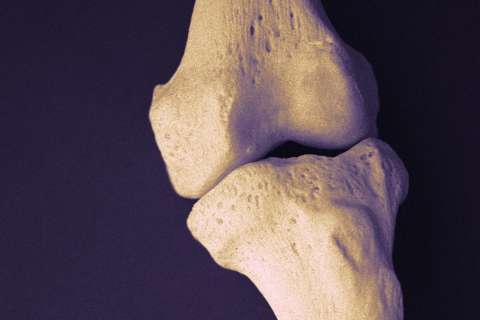Dear Doctors: Our dad is 82 years old and may need to get a pacemaker. My brother and I recently read that surgery is hard on older people, both physically and mentally. Is getting a pacemaker going to be risky? He’s physically pretty weak, and we’re worried the surgery will be too much for him.
Dear Reader: A pacemaker is a small medical device that keeps the heart beating at a steady rhythm. It consists of sensors, which monitor the heart rate, and a battery-operated pulse generator, which sends corrective impulses to the heart. A pacemaker can adjust a heartbeat that is too slow, and it can correct potentially dangerous heart arrhythmias. A catheter is used to thread the sensors through a vein that leads to the heart. The pulse generator, which is about the size of a matchbox (or smaller), is implanted just beneath the skin of the chest. (A new, tiny pacemaker known as a Micra, which consists of a single piece, is placed directly into the heart.)

For a patient who is in good health, the procedure to implant the two parts of the pacemaker is considered a minor surgery and is sometimes done on an outpatient basis. However, recent studies have shown that when older patients are also frail, even minor surgical procedures can be risky. Frailty is a term used to describe certain effects of aging that, when taken together, carry an increased risk of poor health outcomes. These include physical weakness, diminished endurance, poor balance, loss of skeletal mass and loss of muscle mass. When a physical assessment finds three or more of these characteristics, the person is considered to be frail. Visual and cognitive impairment can also play a role in a determination of frailty.
A study published last year in the Journal of the American Medical Association found that, compared to other patients in good health, older adults who are also frail are more likely to die after minor surgical procedures. That study looked at post-surgical mortality rates in 433,000 older patients, mostly men, who underwent procedures at Veterans Administration hospitals between 2010 and 2014. The patients who met the criteria for frailty had an increased risk of death in the weeks and months following the surgeries. The mortality rate rose dramatically for patients who were considered to be very frail.
We think it would be wise for you to begin by meeting with your father and his cardiologist to learn what specific condition the pacemaker will address. Your father should also undergo a frailty assessment. If, as you suspect, he meets the criteria for frailty, the next question for your father’s physician is: Which carries the greater risk -- the condition that the pacemaker is expected to treat or the procedure to implant it? If it’s decided that the pacemaker is necessary, a prehabilitation program may be helpful. That’s when a surgical patient prepares with a program of nutrition, exercises to improve strength and endurance, and mental training to manage stress. Your father's medical team can create a specific program for your dad, and help him prepare for the surgery.
(Send your questions to [email protected]. Owing to the volume of mail, personal replies cannot be provided.)





